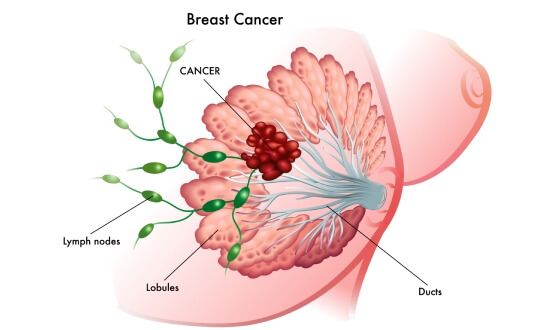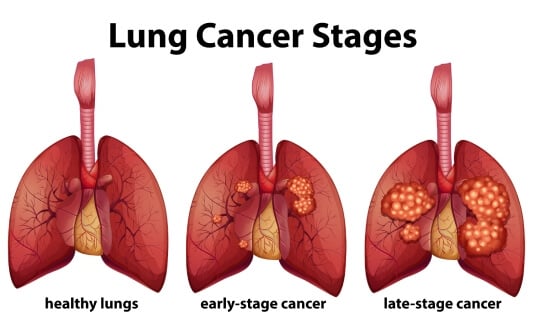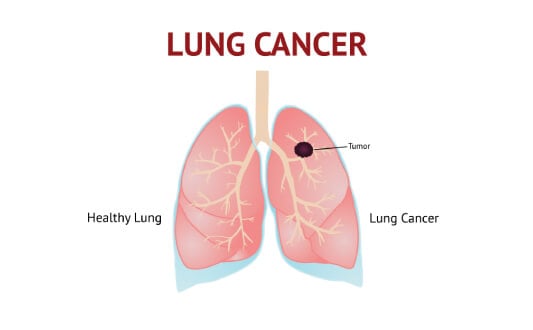Medical Blog About Treatment Abroad
Welcome to our medical blog – it is dedicated to empowering patients with knowledge about global healthcare! We created this platform with the intention to bridge the gap between patients and the medical innovations available globally.
What's Inside: Discover new and rare methods in oncology, immunology, heart surgery, neurosurgery, and other medical fields! Our health travel insights show how medical journeys open new possibilities with advanced treatments unavailable locally, including specialized cancer care abroad.
Who Benefits: This resource is for patients and their families who seek new treatment methods and explore options at leading international hospitals. Those who want to make informed healthcare decisions beyond borders.
Why Read: Booking Health experts provide verified information through patient-friendly articles – they translate complex medical advances into accessible info. Stay current with the latest developments in global healthcare and discover how international medicine can transform treatment outcomes!
Browse our latest articles and take the first step toward better health outcomes!
Latest posts - page 10
 HIPEC Treatment for Cancer
HIPEC Treatment for Cancer
Hyperthermic Intraperitoneal Chemotherapy (HIPEC) is a highly targeted cancer treatment used for tumors that have spread within the abdominal cavity. Unlike standard chemotherapy, HIPEC delivers heated, high-dose drugs directly into the abdomen after surgical tumor removal, allowing for stronger local action with fewer systemic...
 Top German Hospitals for Lung Cancer Treatment by Booking Health
Top German Hospitals for Lung Cancer Treatment by Booking Health
Lung cancer is currently leading in cancer incidence and mortality worldwide. Each year, more than 2 million people receive a lung cancer diagnosis, and about 1.8 million cancer patients die from the disease. Neoplasms of the lungs are now the second most frequent cancer diagnosis in men and women, following prostate and breast cancer.
 Comprehensive Guide to Breast Cancer Treatment: New and Standard Treatment Options
Comprehensive Guide to Breast Cancer Treatment: New and Standard Treatment Options
Breast cancer (BC) is the most widespread type of cancer among women. According to international data, more than 2 million new breast cancer cases were diagnosed in 2020. This high incidence is linked to numerous breast cancer risk factors, including both genetic and lifestyle components. The risk of breast cancer grows with age, and about 80%...
 Treatment of stage 4 lung cancer in Germany
Treatment of stage 4 lung cancer in Germany
Germany stands at the forefront of stage 4 lung cancer treatment, renowned for its precision-driven protocols and advanced infrastructure. While lung cancer continues to rank as the most commonly diagnosed cancer worldwide - with approximately 2.2 million new cases and 1.8 million deaths recorded in 2020 - German hospitals offer a markedly...
 Comprehensive Guide to 4 Stage Lung Cancer Treatment Options
Comprehensive Guide to 4 Stage Lung Cancer Treatment Options
Stage 4 lung cancer is also known as metastatic or advanced lung cancer. Simply said, the disease has spread beyond the lungs to distant parts of the body to the liver, brain, bones, or the other lung. As reported in the research, this stage is often associated with a challenging prognosis. However, innovative treatment options are providing...
 Treatment of stage 4 cervical cancer in Germany
Treatment of stage 4 cervical cancer in Germany
Cervical cancer remains a significant global health concern. In 2022, approximately 660,000 new cases and 350,000 deaths were reported worldwide, making it the fourth most common cancer among women. Almost all cases of cervical cancer are attributable to human papillomavirus (HPV) infection – particularly high-risk strains like 16 and 18...
 Treatment for Glioblastoma – Full Guide: New and Standard Treatments
Treatment for Glioblastoma – Full Guide: New and Standard Treatments
This is scary and confusing when one gets the glioblastoma (GBM) diagnosis. But innovative therapies are changing outcomes for patients worldwide. This guide provides you with information on conventional protocols and breakthrough medical care. You need to understand all available options to make informed decisions.
 Lung Cancer Treatment in Germany: All New and Most Effective Treatment Options
Lung Cancer Treatment in Germany: All New and Most Effective Treatment Options
Lung cancer is one of the most prevalent and aggressive malignancies globally, significantly impacting public health. According to the German Centre for Cancer Registry Data, there were approximately 56,700 new cases of lung cancer diagnosed in Germany in 2020, with 34,100 cases in men and 22,590 in women. The age-standardized incidence...

